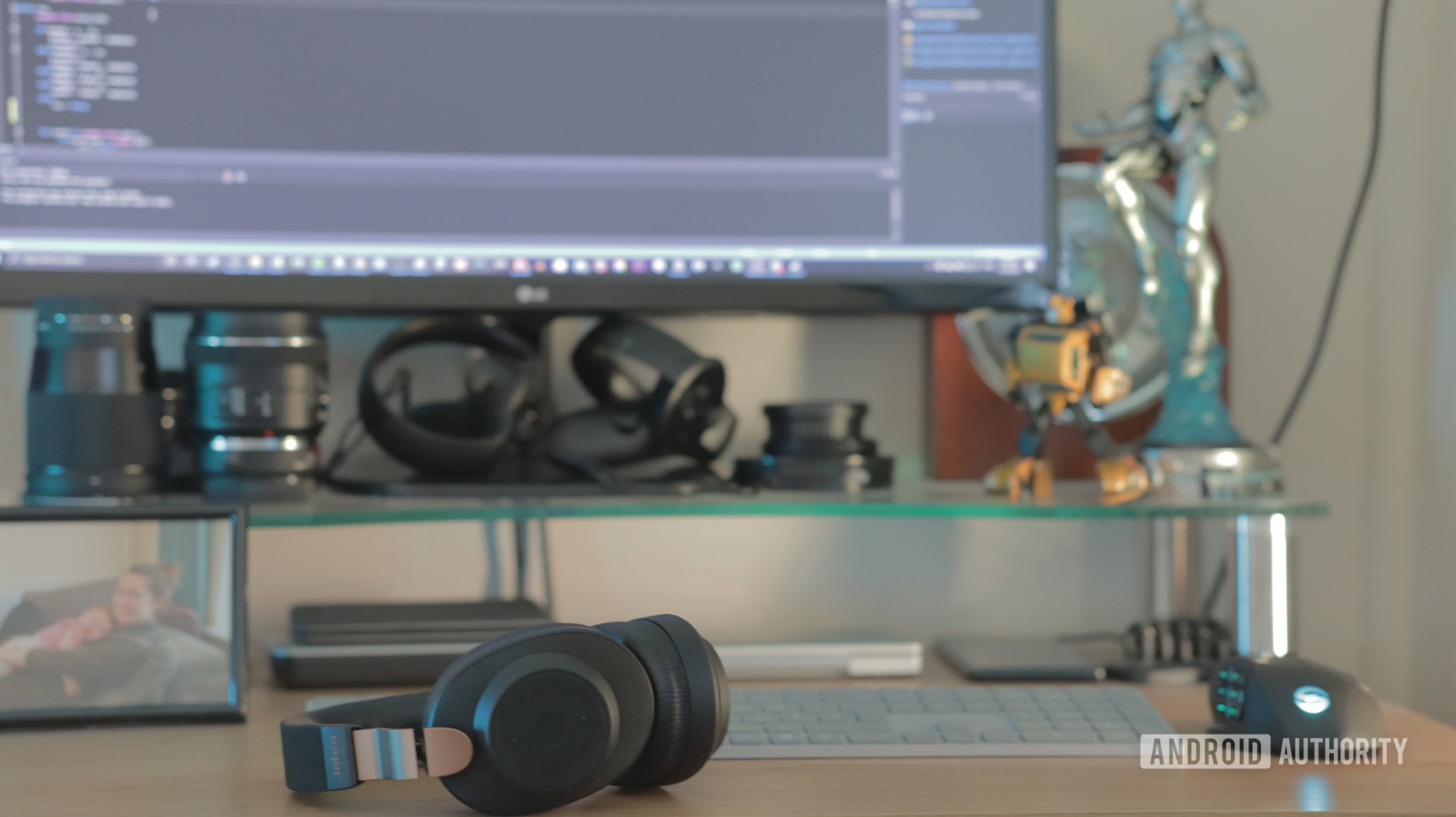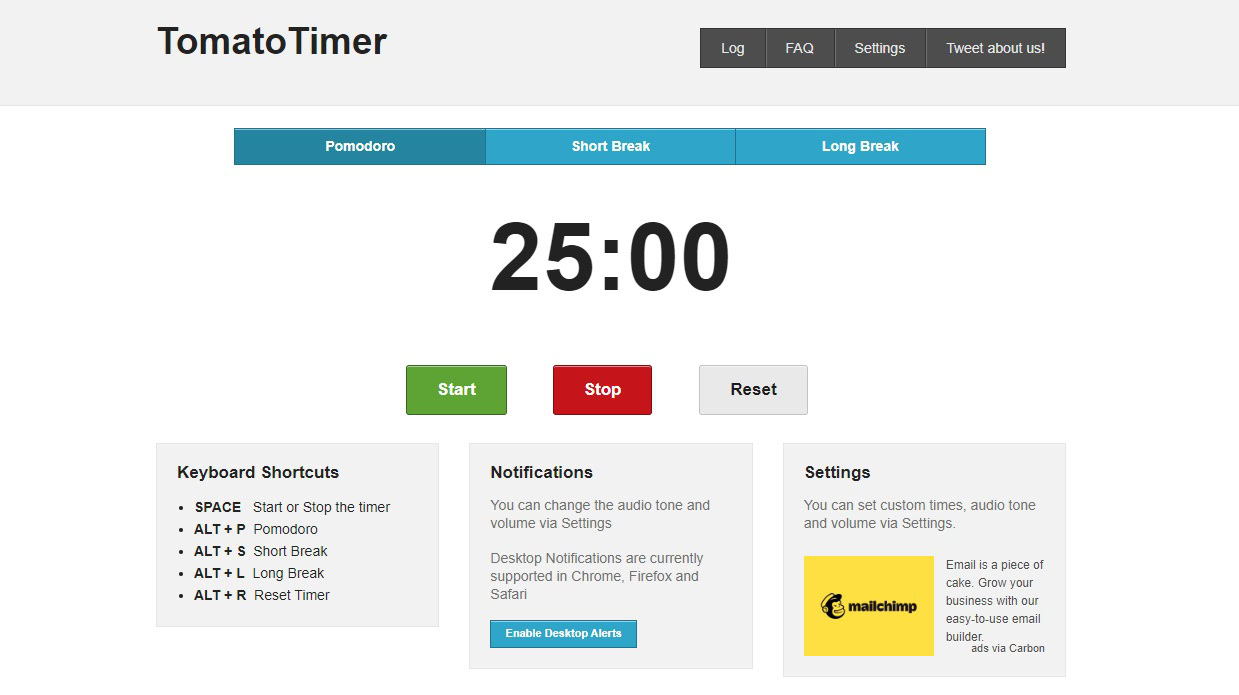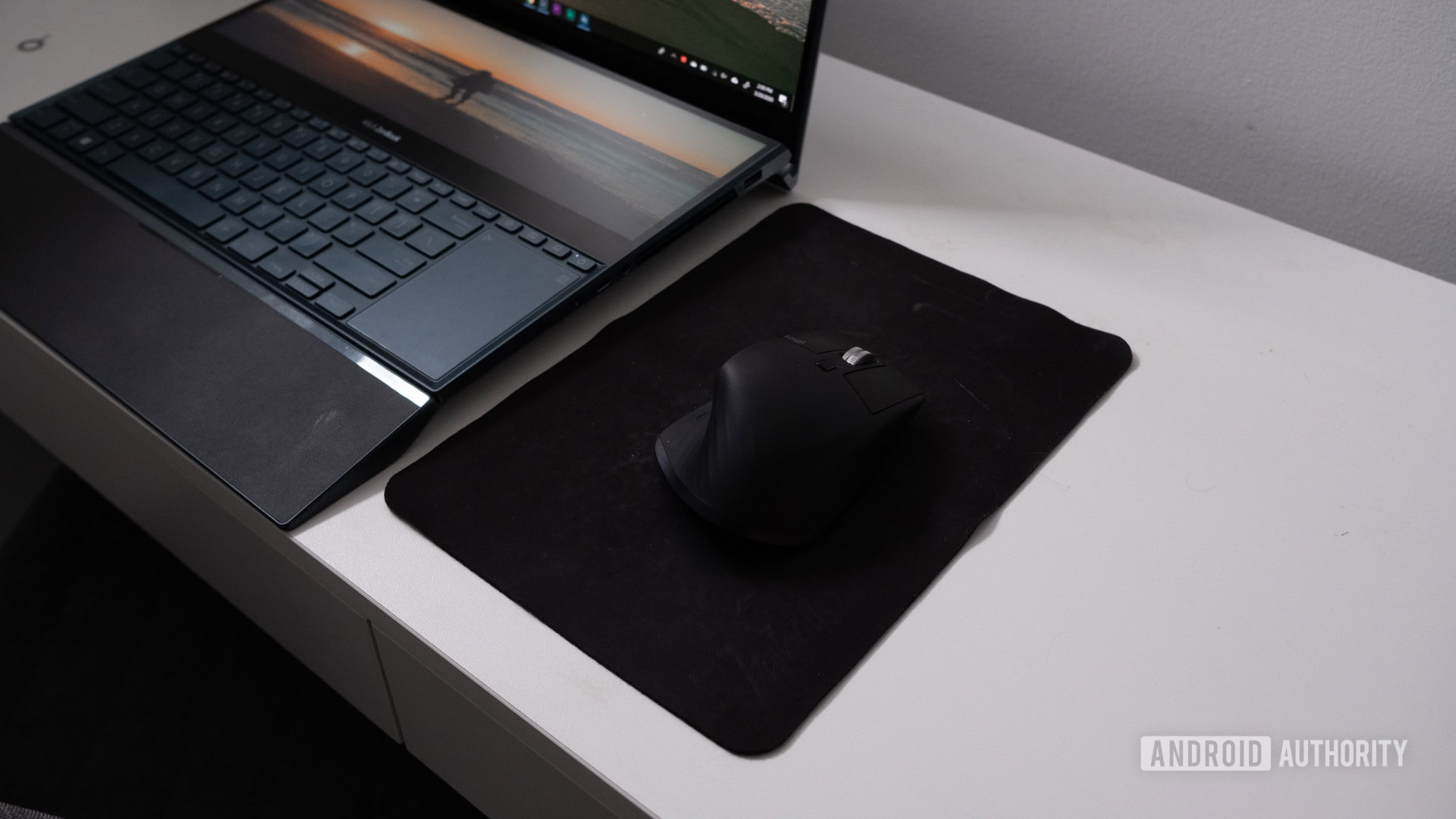Affiliate links on Android Authority may earn us a commission. Learn more.
How to focus on work when you’re working from home
Plenty of people had their concerns about working from home at the start of the pandemic. It can be a challenge, but the truth is that there are plenty of benefits. All you have to do is figure out how to stay locked in and productive. With all of the distractions you might face, we’re here to help you learn how to focus on work while you enjoy your home office.
Also read: How to stay sane working from home
The thing to remember is that distractions are normal. Like anything else, learning to motivate yourself to work solidly is a skill that needs to be developed over time.
Read on, and we’ll take a look at how you can cultivate that skill more quickly.
Just start
Writers talk about “writers’ block” all the time. Writers struggle sitting down to an empty page and knowing what to say. That first sentence is the hardest one they’ll write all day!
Don’t miss: Working from home with kids: Work-life balance for WFHers
There is nothing magical about writers’ block, though! They are not the only ones who struggle with how to focus on work. Rather, I think it would almost be more apt to describe this as “starters’ block.” That is to say, that starting any new project from scratch can feel like an uphill climb. You’ll find you procrastinate most before starting something new because it’s so hard to switch gears.
Thus, the solution employed by savvy writers should also apply to home workers from all industries: just start. Writers encourage one another to start putting words on the page, no matter how bad they seem at first. It’s better to write a low-quality opening paragraph that needs to be completely rewritten than it is to write nothing at all!
Starting any new project from scratch can feel like an up-hill challenge.
The key is to go back then and edit that writing later on. But by simply starting, you will more easily fall into the groove – rather than waiting for inspiration to strike from nowhere.
Leave work unfinished

Getting over that jarring transition between “not working” and “working” is one of the hardest challenges when learning how to focus on work at home (and let’s face it: it’s not exclusive to working at home either!).
Also read: Best online business courses to supercharge your career
Another trick you can use is to start tomorrow’s task before you clock off for the day today. In other words, before you close your computer, open the document/file/tool you need for tomorrow’s next job, and make a start. It doesn’t matter how small!
This is a powerful strategy because it means you no longer need to start from cold at all. Continuing a job is much easier than starting one. And that’s particularly true, seeing as the brain doesn’t like leaving work unfinished; you might even find yourself itching to tick that project off your to-do list so that the matter is “closed.”
Think about what you’re doing beforehand
One of the best tips I’ve heard recently comes from the YouTube channel Better Ideas. The tip is to think about what you’re doing before the work you need to do and how this might affect your level of arousal.
In other words, if you go from playing a high-paced computer game where you’re shooting zombies to trying to sit down and focus on a dull spreadsheet, that’s going to seem like a heck of a comedown! Conversely, though, if you went for a walk or did some quiet meditation first, then you would be starting at a lower “level” of excitement. Therefore, focussing on something that is inherently dull for long periods will seem easier.
You can find the full video below:
The productivity hump
Another tip I really enjoyed from that video is to keep in mind the “productivity hump.” This describes a sticking point that many people encounter around 20 minutes into a dull job.
If you don’t find what you’re doing inherently interesting, you might struggle to focus on work for long stretches. This comes to a head after about 20 minutes of sustained effort, at which point your stimulation-seeking brain is looking for any out! It’s a little bit like hitting the wall during a long run.
It’s a little bit like hitting the wall during a long run.
But persist, and eventually, you’ll pass this point and fall into a natural rhythm. This is the “flow state,” which is widely considered the most productive brain state we can experience.
The key is to remember that while staying focussed might seem hard right now, it’s about to get easier. Push through!
Find ways to make work exciting
Better yet, though, is to help yourself to get the stimulation you need from the work that you’re doing.
Motivation and focus are not driven by logic but rather by emotion. If you find what you’re doing truly fascinating, you will naturally find it much easier to remain focused if you are passionate about the topic.
Of course, you may not have the luxury of getting to choose the kind of work you get to complete. But what you can do, is to find a way to make that work feel more interesting. This might mean looking at amazing examples of what the work could be, or it might mean taking a moment to appreciate the artistry and creativity that could go into the project.
If the work isn’t challenging enough, it won’t seem engaging. So find ways to challenge yourself to do the best job you possibly can. And if you find yourself constantly disinterested, perhaps you’re in the wrong line of work?
I explained this more in a recent video:
The Pomodoro technique
The Pomodoro technique is a fantastic trick for anyone who struggles to focus on work. The idea is to set a timer to work for a set portion of time (often 25 minutes), after which you take a short break.
The downside of this is that you’ll be breaking the flow state after those 25 minutes, and you might find that you struggle to get into flow in that short window. But on the positive side, if you’re still learning how to focus on work, you may find this really helps as it gives you a set “endpoint” that you can work towards.

Prep for success
Productivity doesn’t start when you sit at the computer. It starts the day before when you shut off for the day, and it starts again that morning when you decide what to have for breakfast.
Productivity doesn’t start when you sit at the computer.
Another example of prepping for success is to plan out your work before you start. While it’s important to give yourself a mental break from work when you turn off for the day, there will usually be at least some point during your evening when you’re waiting for something to cook or if you’re on hold on the phone. During this time, you can try thinking about how you’re going to write that blog post or solve that coding problem. This way, when you come to sit down to work the next day, you’ll already have an outline of what to do planned out.
Maintain the proper environment

Also crucial to your productivity is maintaining an environment conducive to the most focused work possible.
One of the reasons it is so hard to focus when working from home is that you are out of your work environment and surrounded by things you normally associate with relaxing and entertaining yourself.
If the space you’re working in is also cluttered and untidy, this will only make things more difficult. So try to keep your room as tidy as you can, design the space to minimize distractions, and put yourself in a productive mindset.
Take care of your body
Finally, think about your diet, sleep, and lifestyle; it may surprise you to learn how directly this is linked with your ability to stay focussed and productive.
Also read: What is the gig economy? Why the future of work is online (and how to prepare for it)
Trying to focus on work becomes significantly more difficult whenever you feel anxious, depressive, bored, frustrated, or restless. What may surprise you is that many of these emotions stem from physiological causes.
For example, while many things cause anxiety (Covid 19, anyone?), one of the biggest contributors is hunger. When you are hungry, your blood sugar dips, which triggers an increase in cortisol – the stress hormone. So while you might have good reason to be stressed and struggling to focus, eating something can really help!
While you might have good reason to be stressed and struggling to focus, eating something can really help!
Likewise, being overtired makes it harder for you to focus due to a build-up of a chemical called adenosine. This is an inhibitory neurotransmitter, meaning that it reduces brain activity. That contributes not only to brain fog but also feelings such as anxiety and depression.
What you eat also has an effect. The neurotransmitters that are actually responsible for focus and motivation need various amino acids, vitamins, and minerals to be synthesized. If you aren’t getting enough of these, then poor mood and focus are inevitable!

If you look after your body, it will look after you. The answer to learning how to focus on work is not just to keep pushing harder!
Read next: Home office setup: How to separate your work space so you stay productive